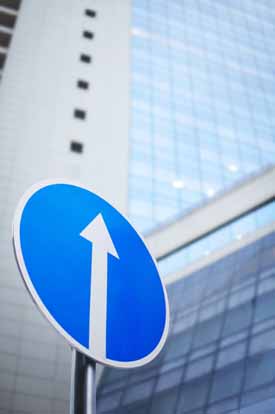Hyperglycemia, or high blood sugar, occurs when the blood has too much sugar in it. This usually happens when there is too little or not enough insulin.
The condition typically occurs in type 1 diabetics, but can occur in type 2 as well such as when the insulin is not used properly. A blood glucose level over 180 mg/dL is considered too high.
causes
 The condition can be caused in a variety of ways:
The condition can be caused in a variety of ways:
- Inadequate Insulin Injection (type 1 diabetes)
- Insulin Resistance – Meaning your body is not able to use your insulin well (type 2 diabetes)
- Over eating
- Under Exercising
- Stress from Illness
- Stress from Life (family, work, social)
- Dawn Phenomenon – Occurs in the early morning, when your hormones can spike up
signs and symptoms
Often, someone will not know they have high blood sugar until they check. Other symptoms or signs include excessive thirst, fatigue, blurry vision, frequent urination and an upset stomach (if very high).
If the condition is not treated promptly, the sugar can build up, ultimately leading to a coma. This coma is known as diabetic ketoacidosis, requiring immediate emergency medical care.
Symptoms warning that ketoacidosis may be imminent are shortness of breath, fruity smelling breath, nausea, vomiting, and a very dry mouth.
treatments
Treating high blood sugar is very individualized and people should consult with their physician in advance to establish a game plan if the condition develops.
While rare, this condition can be quite serious. The American Diabetes Association recommends first checking your urine for ketones. The trigger for this check is if you have a blood glucose level above 240 mg/dL.
Ketones are a waste product of the body that is produced when there is not enough insulin. The presence of ketones could signify that you have ketoacidosis, a very serious condition that can lead to a coma and possibly death.
If you find ketones, you should contact your doctor. Ketoacidosis is most common in type 1 diabetics.
Assuming there are no ketones, some lifestyle changes are all that is needed to lower the sugar levels. Exercise is a great way to lower blood sugar. Lowering the amount of food you eat and/or making changes in your diet is also very beneficial. A dietician can be helpful in retooling your eating habits.
Exercise can help, but only if there are no ketones in the urine, otherwise it can do more harm.
SOURCES:
American Diabetes Association, diabete.org, Hyperglycemia (Accessed February 2013).
National Institute of Health, nih.gov, When Your Blood Glucose is Too High or Too Low (Accessed December 2008).
